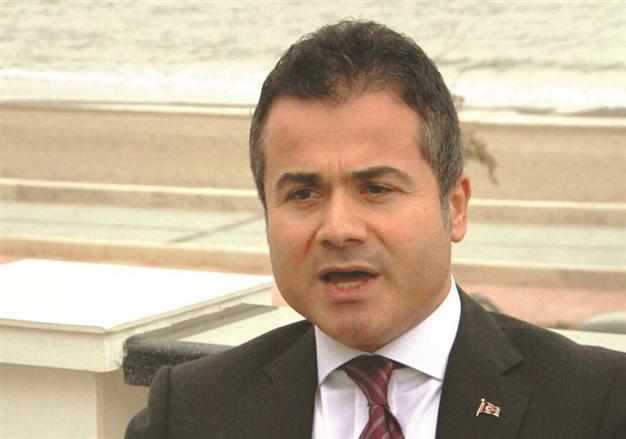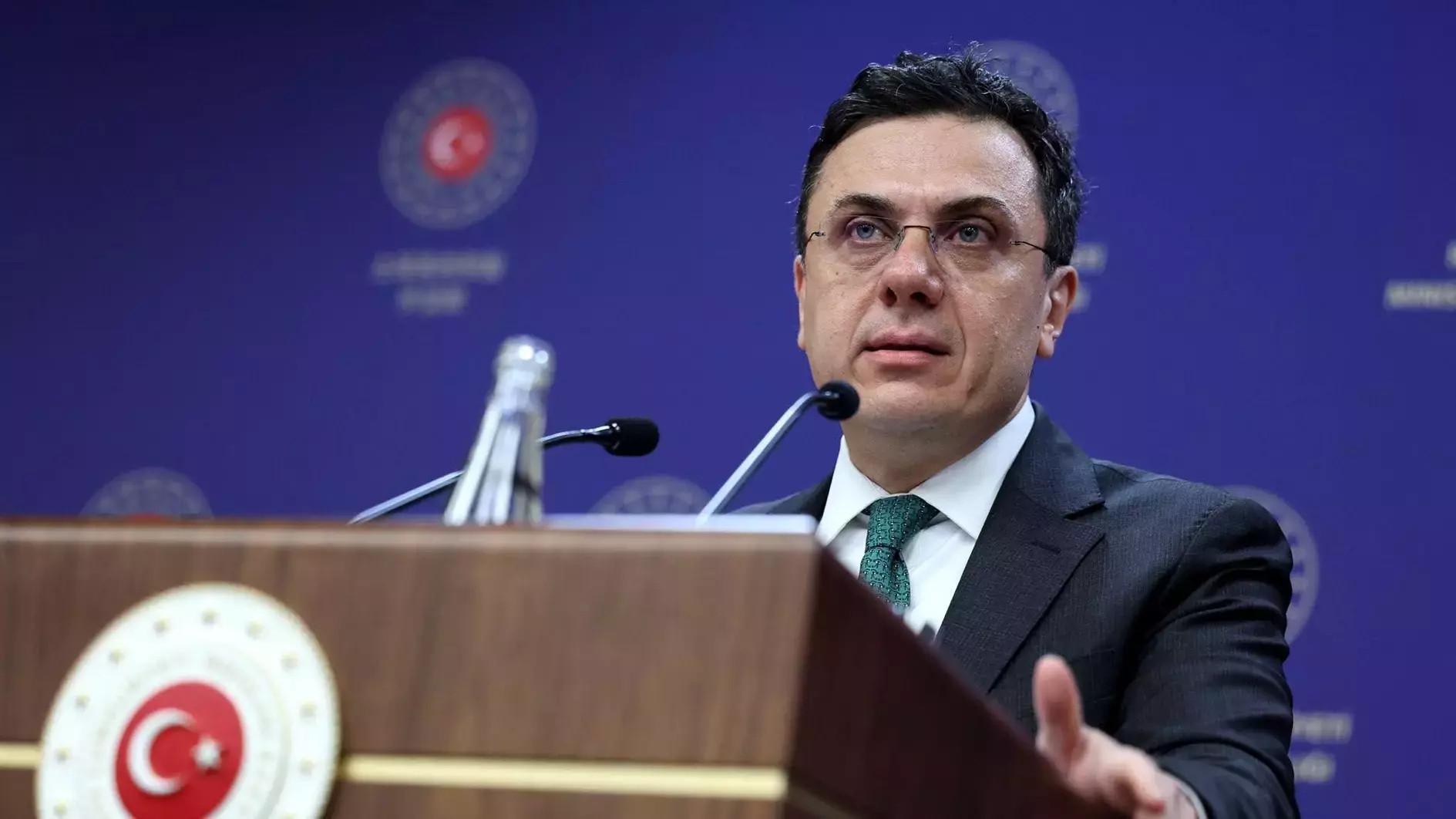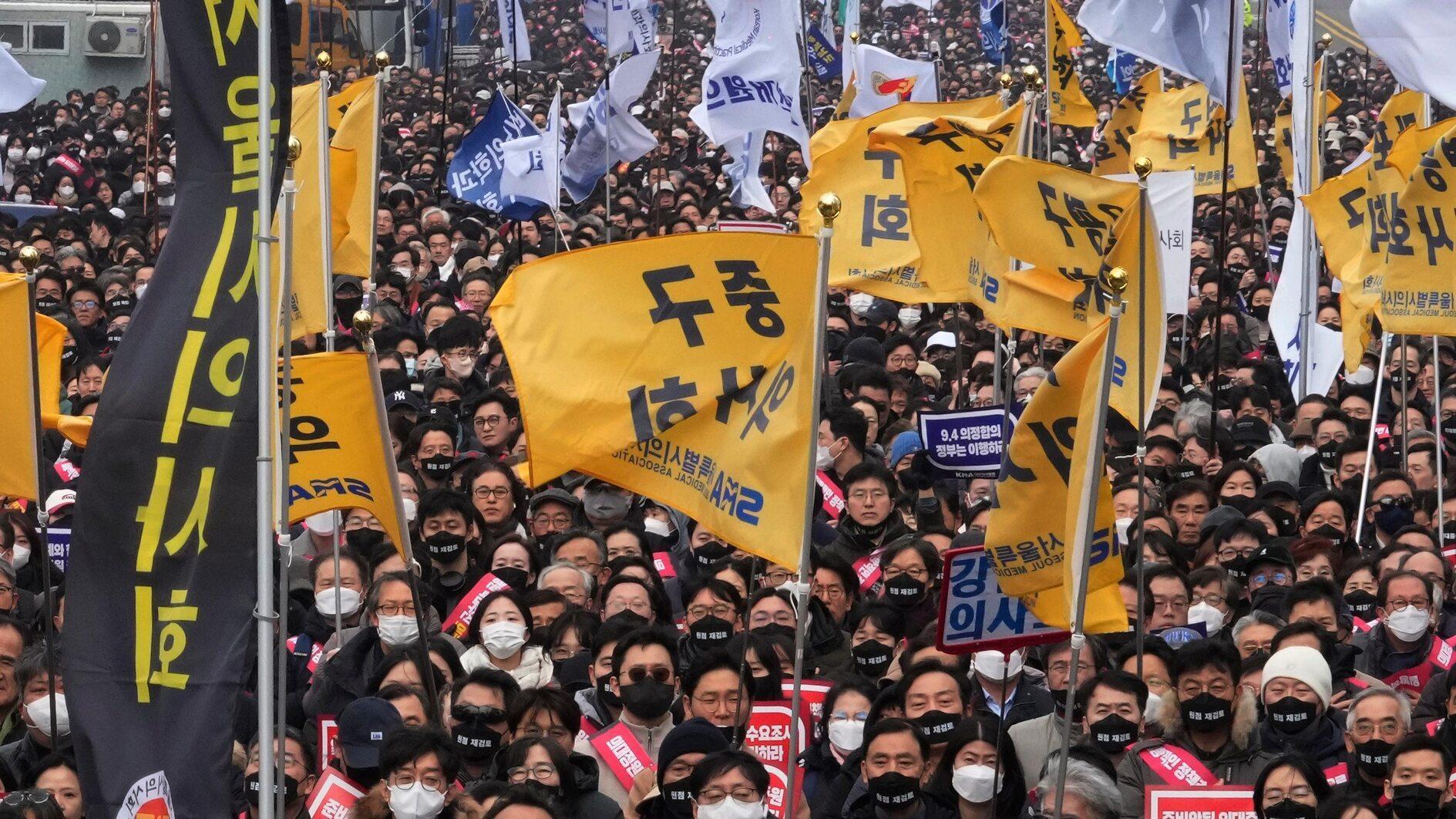Confusion in ruling AKP on student controversy
ANKARA

Youth and Sports Minister Suat Kılıç addresses reporters in Samsun.
Members of the ruling Justice and Development Party (AKP) have sought to limit the damage from Prime Minister Recep Tayyip Erdoğan’s controversial remarks against mixed-sex student accommodation, muddying the waters as to the government’s line on the matter.The efforts apparently stem from the fact that Erdoğan’s words have been widely condemned as part of what is perceived as an increasingly authoritarian style of governance, dominated by his tendency to interfere in people’s lifestyles.
On Nov. 6 Interior Minister Muammer Güler brought another dimension to the debate, suggesting that many mixed-student houses harbored “terrorist and illegal” activities, such as prostitution.
“We are considering the issue from the viewpoint of the fight against terrorism. Particularly apartments, student residences and lodging houses where university students are living are places that terror groups and other illegal groups see as a resource for gaining support and finding new members,” Güler said during a press conference in Ankara.
Commenting on Erdoğan’s remarks that the government was preparing to enact laws to “intervene” against homes housing both female and male students under one roof, the interior minister said the main reason for this was security.
On Nov. 7, Youth and Sports Minister Suat Kılıç and AKP Deputy Parliamentary Group Chair Nurettin Canikli joined the debate, but did not echo Güler’s remarks on security.
Kılıç, speaking to reporters in the Black Sea province of Samsun, said the debate was “not running its own course.”
“The debate about youngsters should be conducted in a way that will not harm youngsters and their families,” Kılıç was quoted as saying by Anadolu Agency, while also voicing regret that Erdoğan’s remarks had so far not been debated with their authentic intention.
Highlighting the government’s constitutional responsibility to protect the youth, he said the main sources of concern for the prime minister were actually apartments that are being rented as accommodation for university students in the form of dormitories. These are of concern because they are not under any kind of control, he added.
“Our prime minister’s concerns are not meant to be an approach for intervening in private lives. Our prime minister’s concern is a reflection of the seriousness and responsibility for preparing our youngsters, who are the future of this country, as highly self-confident individuals, by [offering] accommodation and education under healthy conditions and in line with the expectations of their parents,” Kılıç said.
Meanwhile, speaking to reporters at Parliament, Canikli said any action would only be taken about privately run dormitories, not about private “student houses.”
“Private dormitories are there to give service to many students. A lot of families shared their deep suffering on this issue with the prime minister and have asked him to take measures on it. Of course, every step that is taken should remain within the Constitution and the law. Of course, this is my personal view,” he said.
When reminded of Erdoğan’s remarks defending himself and his government as “conservative democrats” on the issue, and when asked whether such an argument could be used by citizens as a justification for filing complaints about female and male students cohabiting nearby, Canikli again referred to the law. “Can such an approach exist saying, ‘I’m a conservative democrat and others are not?’ [The complainants] should convey incidents according to their unease and the authorities will do whatever is required within the framework of the law,” he said.
Canikli was also reminded of the fact that Erdoğan had suggested legal arrangements could be made, if necessary. “The prime minister only said, ‘We could pass them.’ That is it,” he said, underlining that no decision had yet been made.
















